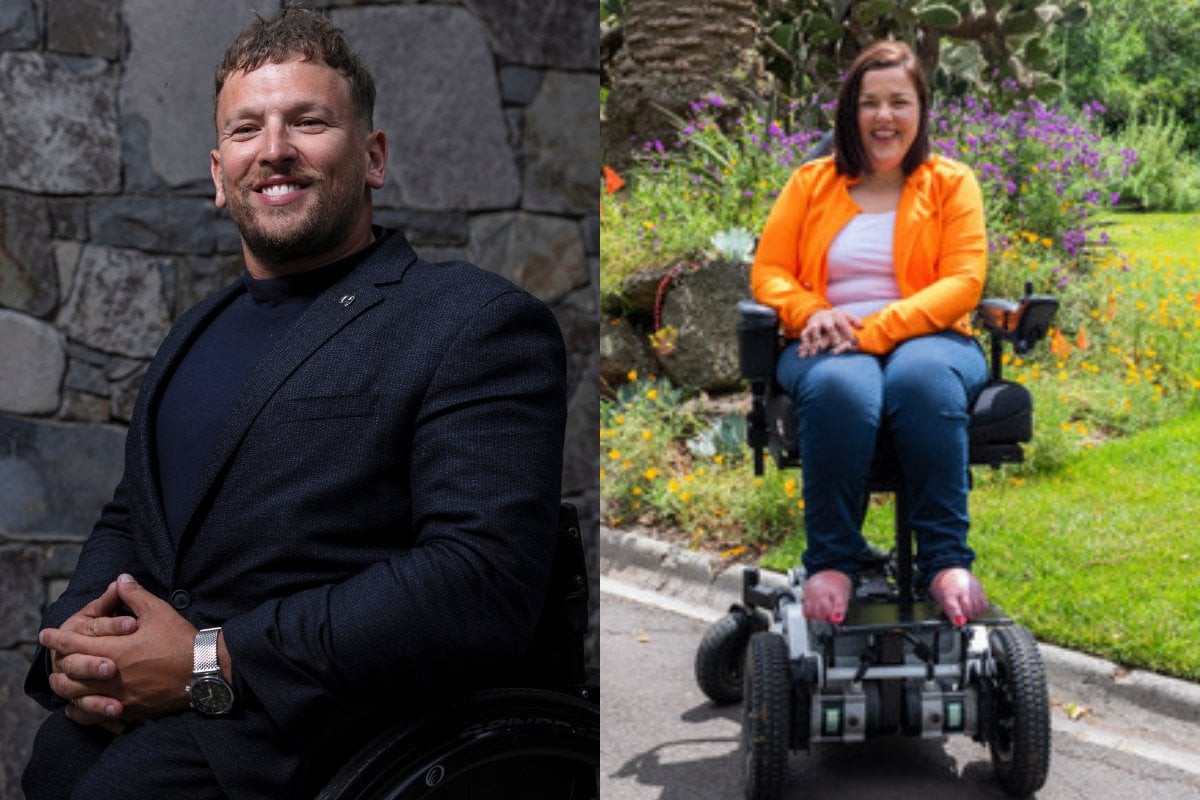
As a person with a disability, I couldn’t have been more pleased when it was announced that Dylan Alcott was Australian of the year for 2022. His acceptance speech will go down in history for articulately expressing what it means to live with a disability in this country.
Tears fell down my cheek with each word that Dylan said. It was as if Dylan had access to a trapdoor into my brain. As if I wrote his speech myself.
He hit on every point. Every feeling I have had about having a disability.
Watch: What does it take to be an Australian sporting hero? Post continues below.
I have a lifelong physical disability. I cannot walk, stand or transfer myself out of my electric wheelchair. Like Dylan, I am extremely lucky to have the life that I have. Many non-disabled people do not believe me when I say I am privileged. I am very aware of how privileged I am.
I am privileged because of the medical care I have received.
I am privileged because of the parents I was born to.
